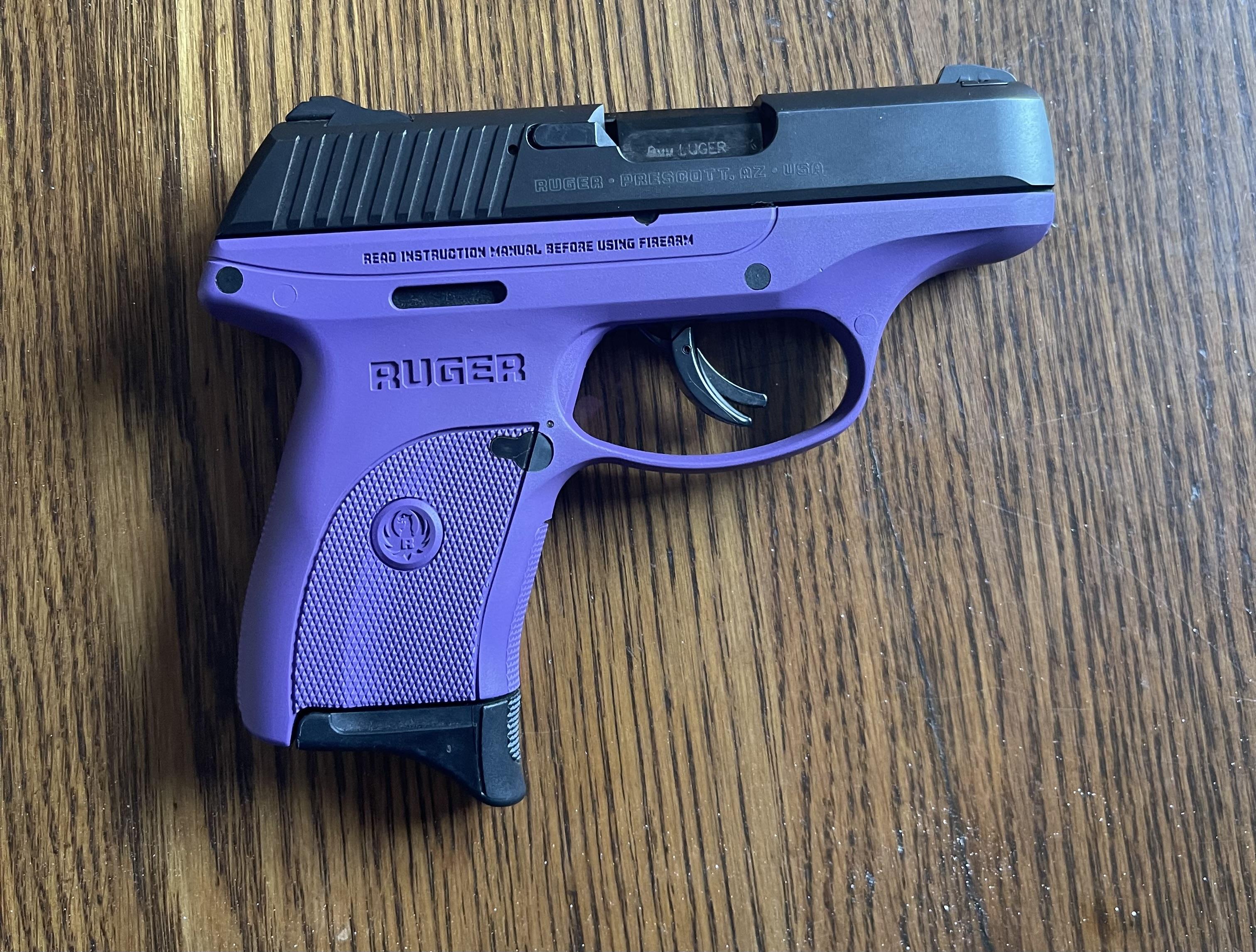
I Couldn't Pull the Barrel Back. My Grip Was Gone.
My husband pulled the barrel back with ease.
So did the instructor.
Then it was my turn.
I gripped my new 9mm Ruger, positioned my left hand on the barrel, and pulled.
Nothing.
I adjusted my grip. Tried again.
Still nothing.
My husband and the NRA instructor were standing in his wooded backyard, paper targets set up, waiting for me to load a single bullet so I could learn to protect myself.
And I couldn't do it.
"You'll just need to practice," the instructor said.
I nodded. Smiled. Pretended it was fine.
But inside, I was already doing the math.
If I couldn't load my own gun in a safe, controlled lesson, how was I supposed to defend myself in an emergency?
My left hand wasn't just weak.
It was gone.
And I'd been ignoring the warning signs for years.
I'd been losing strength gradually, compensating more and more.
In MFR sessions, there are sustained holds—gentle grasping and lifting of tissue while you wait for the fascia to release.
I couldn't do it anymore with my left hand.
So I'd switch positions. Use my right hand. Find another way to get a similar response.
I told myself I was adapting.
But I wasn't giving my clients what they needed.
I was compensating for my own weakness and pretending it didn't matter.
No one said anything. I'm an excellent hider.
And my story to myself? Simple.
I don't have the time or the money to spend on me. My other body parts still work.
The day after that gun lesson, I called CeCe.
She's my best friend and was the office manager for a physical therapist who practiced something called the Mackenzie Method.
She'd been telling me for months that this guy was different. That his clients got better faster and rarely came back with the same issue.
I made an appointment.
When I got to his office, he had me hold my arm out while he tested my strength.
Where I was strong, I could resist him. No problem.
Where I was weak? My arm almost collapsed.
Then he said something I didn't expect.
"The weakness isn't coming from your hand. It's coming from your neck."
He muscle-tested me through a series of exercises—some made me stronger, some made me weaker.
Most PTs give you a list of exercises—some make you stronger, some make you weaker. You do them all and wonder why you're not getting better.
He didn't do that.
He gave me ONE exercise. That's it.
I was so weak, I had to start lying face-up on the therapy table, retracting my head and neck into the table like I was trying to make a double chin.
That's how bad it was.
I stayed at that stage for weeks before I was strong enough to do it sitting.
But within the first week, I could feel myself getting stronger.
So I kept going. For six months.
Learning how my body actually worked. Getting exercises that made me stronger instead of guessing. Finding ways to help my clients.
The gun became easier to load. Week by week, my grip came back.
My left hand started working again in sessions. I felt balanced. My clients received better care.
And I felt a mix of relief, gratitude, and something else.
Anger at myself.
Why did I wait so long? What if I couldn't have fixed it?
Now when my hands go numb, I know what's happening.
The pattern starts in my neck.
I do the exercises.
I get strong again.
If I could go back to year five and tell myself one thing, it would be this:
Your body is trying to tell you something.
And ignoring it doesn't make you tough. It makes you weaker.
If you're compensating—switching hands, avoiding techniques, telling yourself "my other body parts still work"—you're not adapting.
You're losing ground.
And eventually, you'll lose more than your grip.
This Saturday at Selfish Saturday, we're learning how to work WITH your body instead of against it.
How to recognize the patterns before they take you out.
How to listen when your body whispers so it doesn't have to scream.
You can't heal anyone if you're breaking yourself to do it.
Your body's been talking to you.
It's time to listen.
Your Body is Your Business and YOU are the CEO.
Selfish Saturday: November 22, 2025
Half-day workshop | West Michigan
Register at goddessapproach.com
